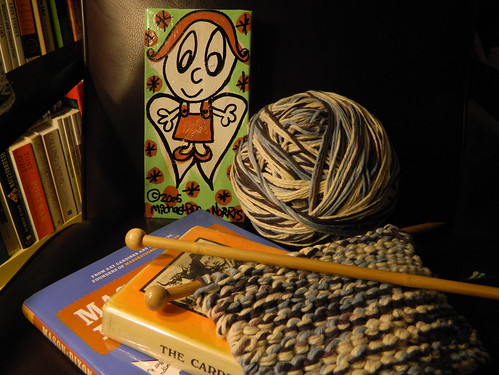The other night, a moment after darkness fought valiantly -
And had its brief but ever patient victory -
It asked me to look.
Against heavy lids I opened my cowering eyes ever so slowly
And saw for a fraction what I had long suspected would be there.
Except - within the pitch of dark, closer to me and to my left -
I saw the edge of what could be a light picture frame.
Or perhaps a piece of furniture left from some old tenant of that moment.
Whatever - it is mine now.
Today, naturally, I focus on that fragment of a light frame,
Crafting an identity for its presence in my view of a future.
Is it the mess in my office?
My past insisting on following me, wherever I go.
The last box in which I keep vestiges of who I thought I might be.
Something asking something from me,
And tripping me up, possibly, on my way to complete the darkness.
The bleakness struck me with an unexpected horror.
The future has been an illusion, and will be.
We love to prop it up with spectacular displays
Of happy-making billboards and smiley faces.
It’s how we survive.
It’s our food and shelter, that future.
It’s been a fake-out to me.
A super-nothing.
A magician’s rabbit.
Or... are secrets yet to be found there?
Was it the edge of the rabbit’s cage that broke the darkness?
After all, where is my self when I look?
Am I the rabbit that waits?
Now I see
I am also the magician, dressed in black.



